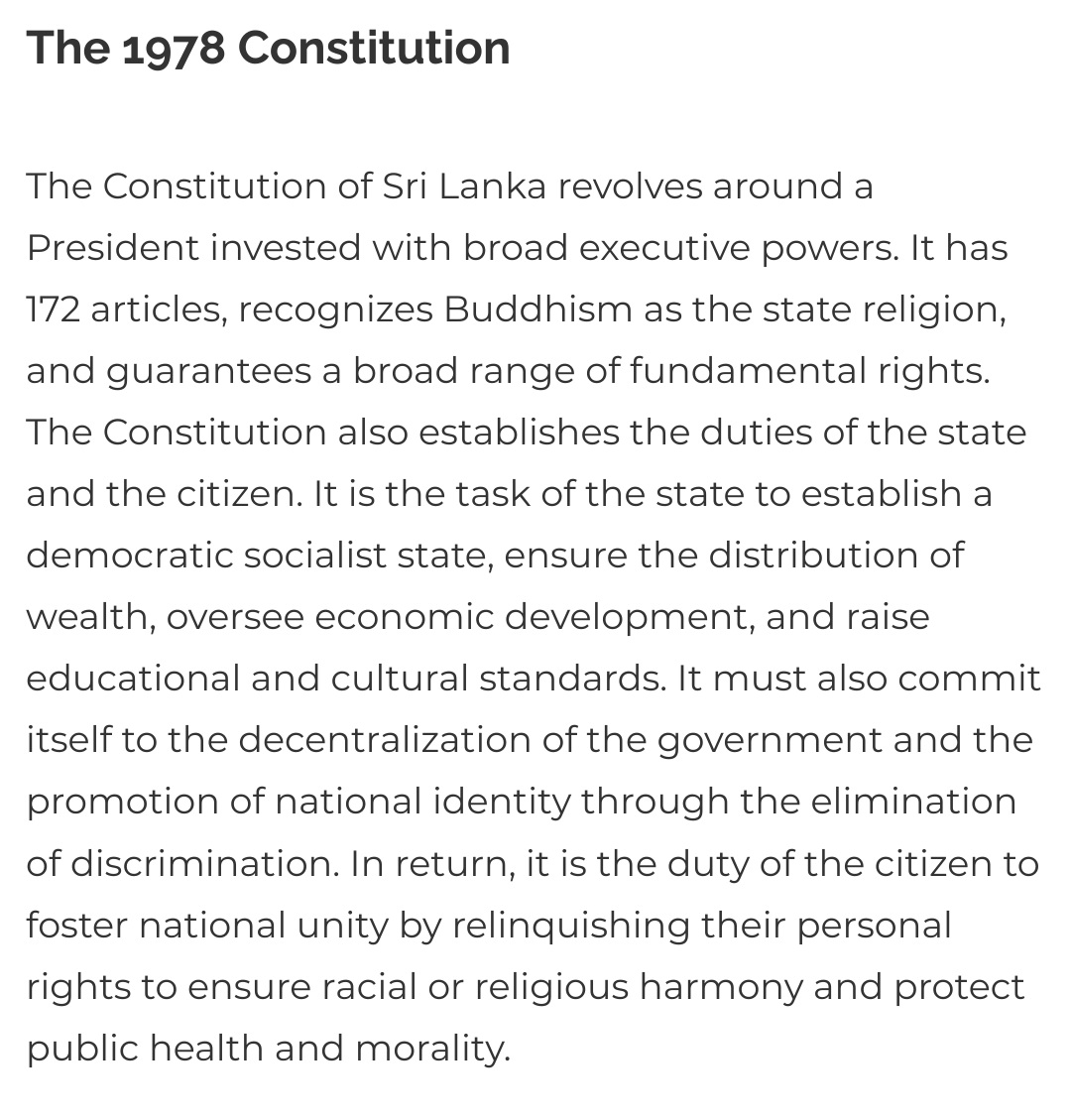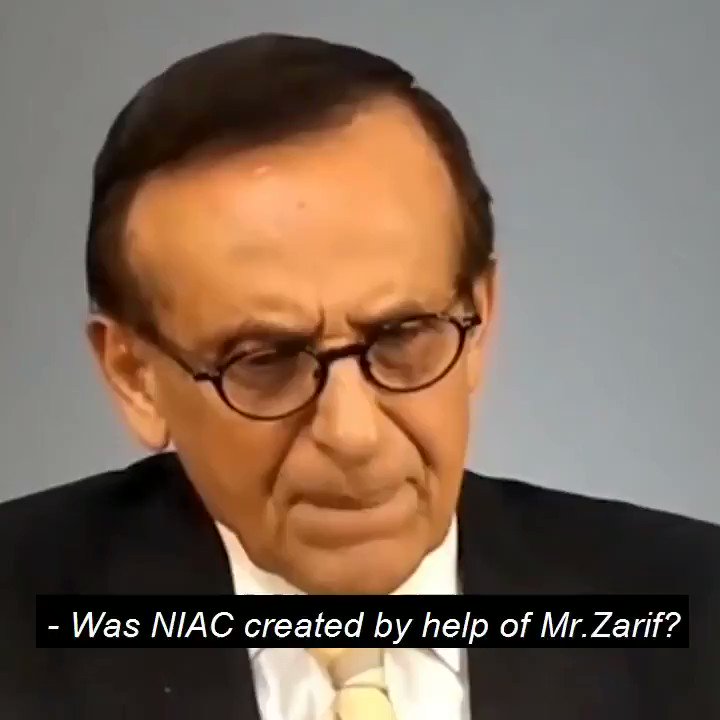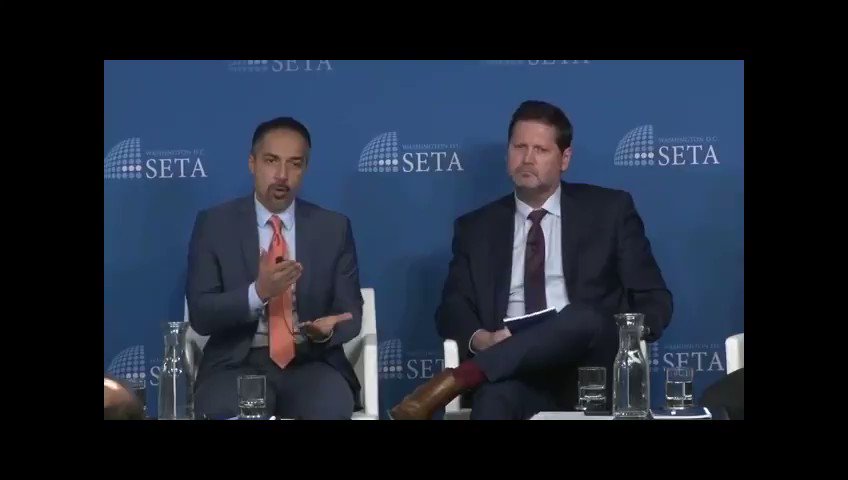Rewritten in simple language, translated into every state language, and made available as original sources online, so people can access them and understand laws themselves instead of being dependent on self-appointed custodians.
100%. Need clear separation of powers.
With direct elections for an executive President, who appoints the Cabinet of Ministers and sets government policy.
In parliament, the Speaker to be seen as the leader of the legislature. MPs responsible only for laws, amendments, repeals.
Westminster model is so bizarre that we elect legislators to form Executive Govts.
— M. Nageswara Rao IPS (@MNageswarRaoIPS) December 27, 2020
Most problems are due to interference of MLAs/MPs in governance who legally can't but people expect them to.
Hence, new model to elect Govts &MLAs/MPs separately has to evolve [avoiding US defects] https://t.co/Oyujk365IE
Rewritten in simple language, translated into every state language, and made available as original sources online, so people can access them and understand laws themselves instead of being dependent on self-appointed custodians.
Dissolve the current states and upgrade 740 districts into elected Janapadas/Prefectures, to improve policy outcomes on the ground.
No more MLAs and DMs acting like local feudal lords. Bottom-up, accessible institutions.
Assign law and order, crime investigation, counter-terrorism to a new central police force, independent of executive. Like the armed forces, with parliamentary oversight.
Give each Janapada a system a decentralised system of courts and alternative dispute resolution mechanisms, working in local languages and jargon-free.
The current unelected and unaccountable bureaucratic and judicial institutions suffer from a "democratic deficit" and are all designed to thwart any aspirations of the people that can challenge the status quo.
But in India, the police is not answerable or accountable to the local people whose lives and properties it is supposed to protect." - @MNageswarRaoIPS
https://t.co/g9timGDlWX
Police Reforms: Repose More Trust In Elected Heads Of Local Bodies, Make Police Accountable To The People Through Them\xa0 https://t.co/3LYvSz0qYl@IPS_Association@IASassociation@HMOIndia
— M. Nageswara Rao IPS (@MNageswarRaoIPS) December 29, 2020
Sri Lanka being an example, which enacted such reforms despite similar levels of religious diversity and colonial administrative legacy.

https://t.co/ECRjzl7vto
More from Politics
1)
@SidneyPowell1 reflects on #Iran’s meddling in the U.S. in a recent tweet to U.S. President Donald Trump.
This thread focuses on Iran’s dangerous influence in the U.S., especially through its DC-based lobby group
Dear @realDonaldTrump
— Sidney Powell \U0001f1fa\U0001f1f8\u2b50\u2b50\u2b50 (@SidneyPowell1) December 23, 2020
#China and #Iran stole this election from the #American people
who voted for you in a world-record landslide!
We must expose all the corruption and restore the Republic now
There will never be a free and fair election if we don\u2019t end the rigging now \U0001f1fa\U0001f1f8 pic.twitter.com/2t707xN0ar
2)
Why is this important?
@DNI_Ratcliffe "told CBS News that there was foreign election interference by China, #Iran & Russia in November of this year [2020]."
All Americans should be informed about how Iran & its lobby group NIAC are meddling in the

3)
#Iran has been increasingly aiming to interfere in U.S. elections specifically through NIAC.
DNI John Ratcliffe had previously shed light on this vital

4)
NIAC is a lobby group in the U.S. pushing Iran’s talking points.
Listen to this Iranian regime insider explain that NIAC was established by @JZarif, the foreign minister of

5)
@tparsi is the official founder of NIAC in the U.S.
Listen to how Trita Parsi parrots Zarif’s talking

You May Also Like
It's all in French, but if you're up for it you can read:
• Their blog post (lacks the most interesting details): https://t.co/PHkDcOT1hy
• Their high-level legal decision: https://t.co/hwpiEvjodt
• The full notification: https://t.co/QQB7rfynha
I've read it so you needn't!
Vectaury was collecting geolocation data in order to create profiles (eg. people who often go to this or that type of shop) so as to power ad targeting. They operate through embedded SDKs and ad bidding, making them invisible to users.
The @CNIL notes that profiling based off of geolocation presents particular risks since it reveals people's movements and habits. As risky, the processing requires consent — this will be the heart of their assessment.
Interesting point: they justify the decision in part because of how many people COULD be targeted in this way (rather than how many have — though they note that too). Because it's on a phone, and many have phones, it is considered large-scale processing no matter what.












